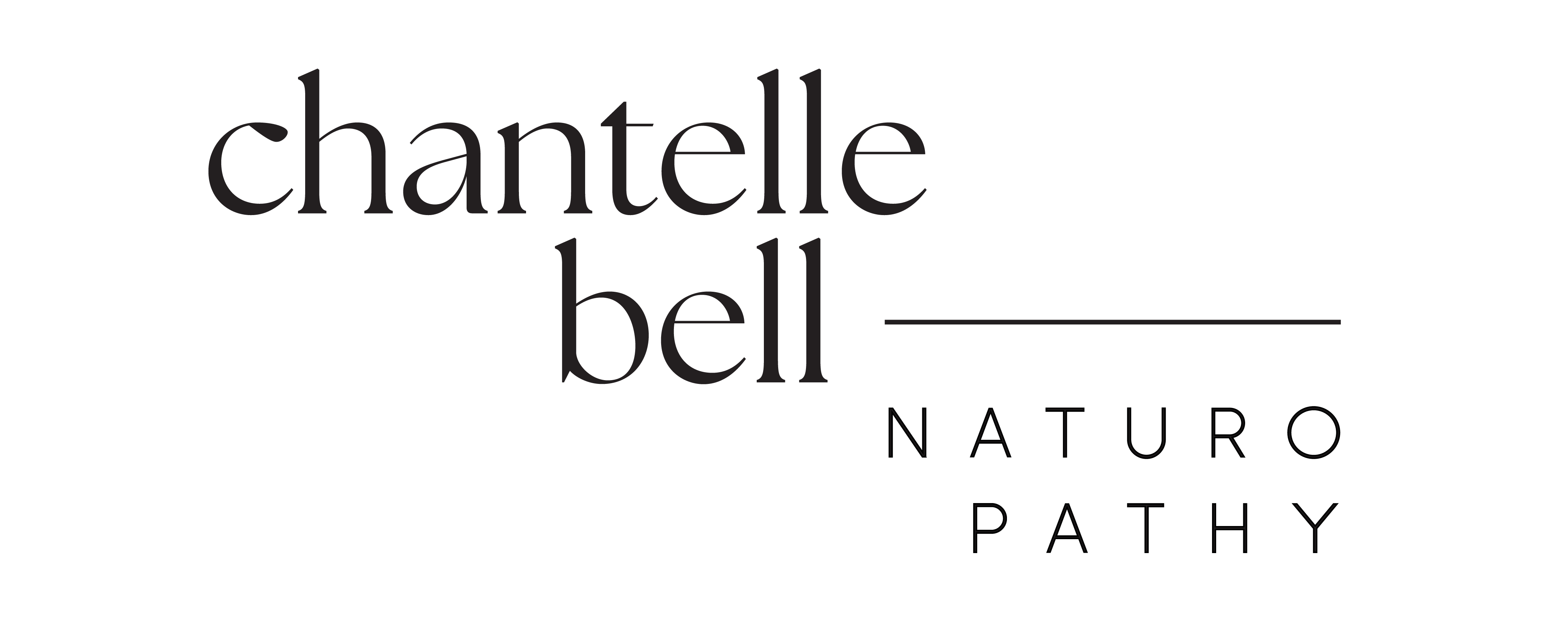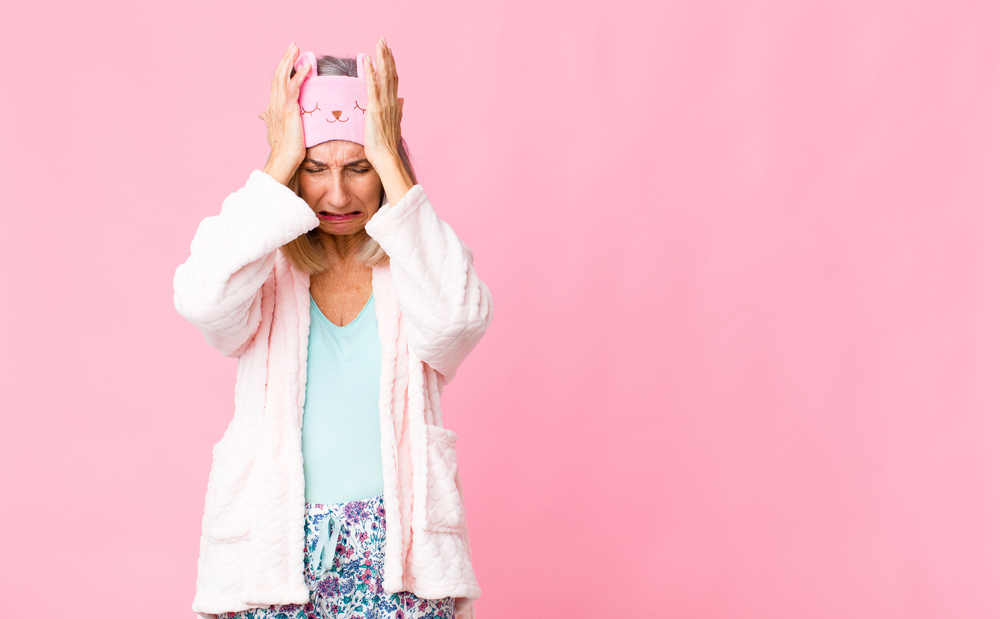Let me tell you why your sleep turns to sh*t when menopause hits.
Have you previous been a good sleeper and then all of a sudden your sleep is now affected? Or possibly a good night’s sleep wasn’t a strong point of yours but it has gotten way worse since your hormones started to change heading towards menopause?
Insomnia is when you regularly have trouble sleeping. You might have difficulty falling asleep or staying asleep, or the dreaded 2am to 4am wake up.
A lot of people suffer from insomnia but have you noticed that as you approach menopause, it’s gotten worse?! You’ve never had trouble sleeping before and all of a sudden, you now have insomnia or trouble with sleeping? Yes, this is common in both perimenopause and menopause.
If this is resonating with you, read on and let me explain why your sleep turns to sh*t when menopause hits. I’ve also included ways to help you combat this transition and get back to a restful nights sleep.
What are the main causes your sleep turns to sh*t during menopause or perimenopause?
Up to 80% of women in menopause have symptoms that prevent them from getting a good night’s rest.
Ultimately, it’s the changes in the hormone levels. Particularly oestrogen which gets lower during this time.
There are a number of key factors turning your sleep to sh*t during this time.
The symptoms:
Firstly, many of the symptoms of menopause can cause disruptions in sleep cycles. The big one is the night sweats. Waking up in a drenched sweating mess can definitely wreck havoc on your sleep patterns. Affecting both the staying asleep or getting back to sleep after a night sweat. To read more about hot flushes/night sweats and ways to combat these, check out my blog ‘Hot Flush Causes – What Heats You Up & Cools You Down’
Other conditions:
Due to the changes in hormones during this time a woman can be at more risk of things like sleep apnea. Sleep apnea often goes undiagnosed. As women often associated the symptoms to menopause or perimenopause itself. Studies have shown that “postmenopausal women are two to three times more likely to have sleep apnea compared with premenopausal women.”
Mood is often affected during this time of a women’s life. With both depression and anxiety affecting sleep quantity and quality.
Will I feel like this forever?
Short answer no*
If your sleep issues are related to hormonal changes due to menopause then generally they will settle over time. However, it doesn’t mean that you need to suffer until your hormones settle. The good news is that there is lots that can be done to help with this hormonal change and to get back to restful, good quality sleep.
*If you are concerned or have ongoing issues then you can get a sleep study done to assess for things like sleep apnoea. Best to see your GP and get a referral for a sleep study.
Ways to help get a more restful sleep:
Sleep Hygiene:
Every heard of the term, ‘sleep hygiene’?
Sleep hygiene refers to a number of measures factoring in daily routines and an environment that can aid in improving sleep.
Some of these measures are:
Set a nightly routine:
- Keep a consistent routine where possible. Following the same routine before bed helps to encourage your mind to understand that it is time to wind-down and prepare for bed.
- Allow for 30-45 minutes of wind-down time. Participate in activities that help calm you. Including listening to calming music, meditation, light stretching, reading or breathing exercises.
- Dim the lights in preparation for bed time. Bright lights hinder the production of melatonin which is required for the body to facilitate sleep.
- Go screen and device free for 30-45 minutes prior to bed time. Devices stimulate the nervous system and make it hard to switch off. They also emit blue light that may also decrease melatonin production.
Daytime Habits to cultivate sleep:
It is not only the night-time routine that plays a role in sleep cultivation, the habits throughout the day also play a role and can support circadian rhythm.
- Get daylight exposure to light, especially sunlight. Melanin is produced in the skin through sun exposure. Melatonin which helps with sleep is a hormone that is produced in the pineal gland from the chemical melanin.
- Get Moving. Regular exercise has been shown to aid sleep and provides a number of other health benefits.
- Avoid smoking. Nicotine is a stimulant, can mask symptoms of tiredness and also increases the risk of developing other sleep conditions such as sleep apnea.
- Reduce Alcohol Consumption: Alcohol may make it easier to fall asleep, but the effect wears off, disrupting sleep later in the night. Studies have shown that even less than 1 drink for women can disrupt sleep by 9.3%.
- Reduce caffeine intake particularly in the later part of the day. Caffeine is a simulant and keep you awake and wired when you are trying to rest. Many women get caught in the vicious cycle of being tired and relying on caffeine which in the long run can affect sleep cycles.
- Eat smaller meals before bed or allow enough time for digestion. If a meal is too heavy or rich, means that your body is trying to digest as you go to bed.
- Bedroom environment also plays a role in sleep quality. Ensure that the space for sleeping is calming, tranquil, not too hot or too cold. Ensure comfortable mattress, pillow and bed linen. Likewise prevent light from interrupting your sleep and use block out blinds or a good quality eye masks to help. Remove any excess noise or use ear plugs, white noise machine or use the sound of a fan or air purifier to block out frustrating sounds.
Ways to help with menopause and sleep:
There are many herbs that can help with hormonal changes during perimenopause or menopause. To modulate oestrogen, support the stress response in the body, aid in mood and sleep. Here are some of my favourites:
Black Cohosh:
Black cohosh is one of the most common menopause herbs and native to north America. It helps to modulate oestrogen, acts as an anti-oxidant and is also anti-inflammatory. It is used for symptoms associated with perimenopause and menopause. Including hot flushes, night sweats, vaginal dryness, irritability and sleep disturbances.
Lemon Balm:
Lemon Balm is a member of the mint family and an easy herb to grow yourself in your garden. It helps supports the neurotransmitter GABA. The herb has a cooling nature and particularly good for sleep disturbances due to night sweats. It is also known as a nerve tonic and can help with feelings of overwhelm. Enjoy in Tea form, herbal tincture or supplement form.
Glycine:
Glycine is an amino acid which helps to raise serotonin levels, the feel good hormone that helps with mood, memory as well as improves sleep. It can also help you fall asleep faster, increase sleep efficiency, reduce insomnia and promote a more restful sleep. Interestingly, research has also shown it has a thermoregulatory effect, that it increases blood flow to the extremities, which in turn reduces core body temperature. Particularly relevant for women whose sleep issues are related to night sweats. .
To read more about Ways to help with sleep. Read my previous blog – “5 Tips for a better night’s sleep here’.
Take away message about sleep turning to sh*t during menopause
The number one key message to share with you is you don’t have to suffer. Yes sleep disturbances can be common during this time.
Good news is that you can stop googling menopause and sleep. You don’t have to continue to suffer and tough it out. There are many options with nutrition, lifestyle changes and using herbal medicines to support your body with menopause and sleep during this time.
If this resonates and you are struggling then feel free to reach out. We can work together to get you back on track to enjoy restful, good quality sleep.


